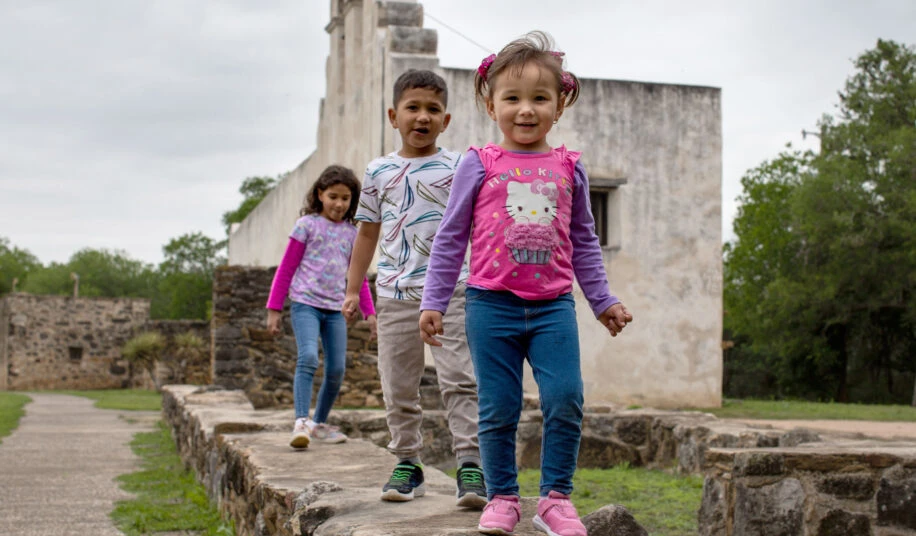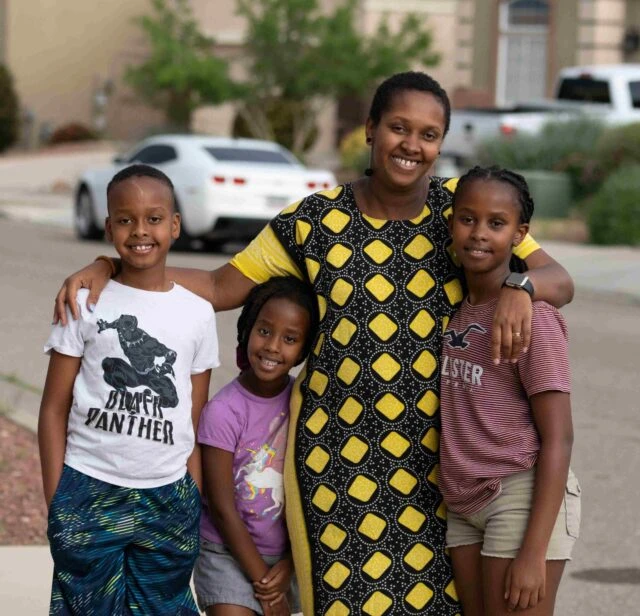New name.
Same mission.
LIRS is now Global Refuge.
Welcoming newcomers since 1939.
See Our EvolutionLIRS is now Global Refuge.
Welcoming newcomers since 1939.
See Our EvolutionThe browser you are using is not supported. Please consider using a modern browser.
We stand in solidarity with our Ukrainian neighbors.
Donate
Global Refuge stands in solidarity with our Ukrainian neighbors and is dedicated to supporting Ukrainian refugees and immigrants however possible. We need your help to continue our vital work to support Ukrainian refugees.
As our Ukrainian neighbors settle into their new lives in the United States, Global Refuge is calling on communities to join us in the work of welcome — providing the support, compassion, and community our friends need to rebuild their lives here in the United States. You can answer the call to help Ukrainian refugees by signing up to volunteer.
By adding your name to our list, you will be informed if/when volunteer opportunities are available near you. We appreciate your patience as our staff on the ground trains and match volunteers.
Many Ukrainians in the United States are supported by the Ukrainian Humanitarian Parole (UHP) program and by private sponsorship through Uniting for Ukraine (U4U). In some cases, however, Ukrainians may need additional support. Global Refuge helps fill in those gaps; our dedicated case managers work with the community to help clients thrive in their new homes, connecting them to housing support, physical and mental health providers, employment opportunities, and other services that might be needed.
This work is also supported within our Welcome Center programming, which provides protection-centered and trauma-informed case management services to asylum seekers and those arriving through humanitarian parole.
Welcome Center programming offers:
O Lord, God of life, as you care for all creation, give us your peace. May our security come not from weapons, but from respect. May our strength come not from violence, but from love. May our own wealth come not from money, but from sharing. May our path not be one of ambition, but of justice. May our victory not be one of revenge, but of forgiveness. Unarmed and confident, help us to defend the dignity of all creation. Sharing today and always the bread of solidarity and peace. Amen.
Read by presiding Bishop Elizabeth Eaton written by Vide en la Tierra, Latin American Alliance of Presbyterian and Reformed Churches
ELCA
Love and Peace,
We pray for all people whose lives are in peril in Ukraine.
We pray for the vision to see and the faith to believe
in a world emancipated from violence.
Heal the wounds of mind, body and spirit that will occur due to the violence in our world.
Help us to devote ourselves to the task of making peace in our own neighborhoods and around the world. No one is hidden from your love.
Help us be home to others.
Help us manifest your love and peace to the world.
On April 21, the Biden administration announced Uniting for Ukraine, the new plan for welcoming 100,000 Ukrainians to the United States. Any U.S. citizen or individual, including representatives of non-government organizations, can sponsor Ukrainian applicants, who will be eligible to reside in the U.S. for up to two years. Please see our FAQ below, or visit the official Uniting for Ukraine website for more details.
Please note that Global Refuge is not directly affiliated with Uniting for Ukraine, but does offer community sponsorship through our Community Sponsorship program.

We’re here to guide you toward the next steps on your journey home. Visit our Get Help page for more resources and assistance.
Get Help NowAccording to the Department of Homeland Security, Uniting for Ukraine is “a streamlined process for Ukrainian citizens who have been displaced by Russia’s aggression to apply for humanitarian parole in the United States.”
To qualify for the program, Ukrainians must have a sponsor in the United States—an individual or organization that officially agrees to take on financial responsibility for the individual or family.
Individuals in the U.S. who are interested in becoming a supporter must be in lawful status in the United States or a parolee or beneficiary of deferred action or Deferred Enforced Departure (DED) and willing and able to receive, maintain, and support the beneficiary listed in the Supporter Declaration Form I-134.
Sponsors must apply and be approved by the Department of Homeland Security. It’s important to note that sponsorship is a major commitment. Sponsors are responsible for financially supporting the Ukrainian neighbors they welcome and assisting them in integrating into the community.
Sponsors’ responsibilities include: providing basic needs such as food, furniture, hygiene products, and clothing, finding and financing safe, appropriate housing for the individual or family, providing and financing mental and physical healthcare services ensuring children are enrolled in school and adults are connected to English language-learning resources, assisting adults in securing work authorization and employment.
Sponsors must commit to financially supporting individuals and families for the duration of their parole status (up to two years). Learn more on the official Uniting for Ukraine site.
Humanitarian parole is an emergency provision that allows people in desperate need of safety to enter the United States without a visa. It is a temporary program that grants residency for 1-2 years and does not offer a pathway to citizenship.
While those who enter the U.S. through humanitarian parole are not typically eligible for the traditional benefits of the refugee resettlement system, including federally funded case management and employment services, a supplemental passed by Congress will allow newly arrived Ukrainians to be eligible for these benefits.
Ukraine citizens and their eligible immediate family members who are outside of the U.S.
If you/your group have done your research and are ready to make the full financial commitment of sponsorship, you can begin the process by visiting the USCIS Uniting for Ukraine page.
If you are interested in becoming a sponsor, please visit the USCIS Uniting for Ukraine page.
Global Refuge offers many other ways to support our Ukrainian neighbors, including financial support, advocacy, volunteer opportunities, and Stand Up, Speak Up, our annual interfaith mobilization program supporting refugees and immigrants. See more on this Action Hub!
Information on eligibility for the Uniting for Ukraine program can be found on the USCIS Uniting for Ukraine page.
The Global Refuge network has already welcomed hundreds of Ukrainians in need of immediate support, and we anticipate that those needs will only grow.
We need your support to continue to build and bolster our existing programs to better serve Ukrainians, including Welcome Centers, our mental health program, and New American Cities.

Explore the many ways to support Global Refuge.
Get InvolvedExplore the many ways to support Global Refuge.
Get Involved